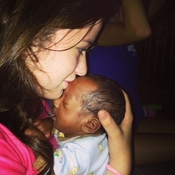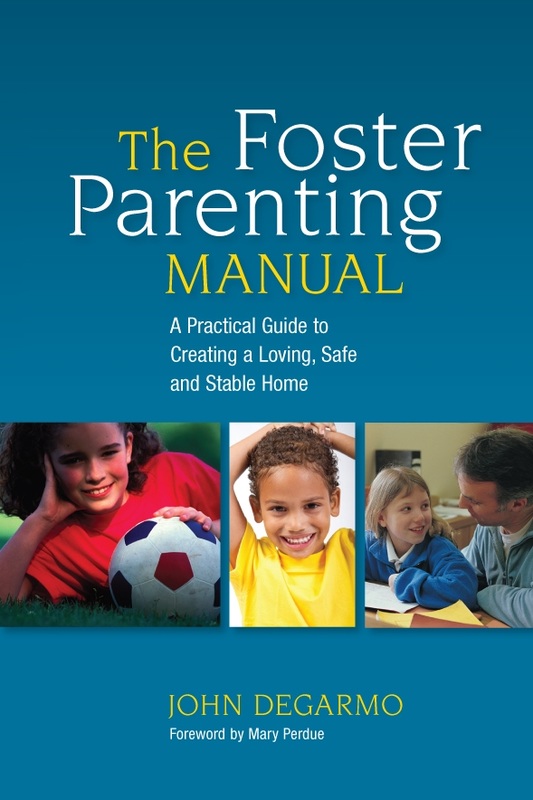
“Daddy, I miss Maddie,” my own 6 year old daughter old me while we sat down for lunch. “I wish I could play with her right now.”
“I wonder if Maddie misses me as much as I miss her,” my 16 year daughter said to no one in particular one Sunday morning, as we drove to church.
Both girls were expressing the feelings of grief and loss that were swirling around inside of them for the child that had come into their home and had become both a playmate and a sister to them. My 9 year old daughter was having a more challenging time, though. As one who has a difficult time expressing her emotions, she instead kept her feelings to herself. In truth, she probably missed the four year old the most in our home. Our 9 year had taken upon herself to make sure that her 4 year old foster sister was happy, was healing, and was learning. Perhaps it was the fact that this 9 year old of ours was adopted from foster care, herself. Whatever the reason, my children were struggling with the grief they felt.
The addition of a foster child to your household is sure to bring changes in your family dynamics. Many adjustments will have to be made in your home. After all, it is not just the adults in your house who will be fostering this child. Your own children will have an important role in the well being and safety of your new arrival. Relatives may also be counted on to contribute to your foster child, as well. You may also find that neighbors, friends, and church members will also wish to help you and your foster child.
Join the thousands who receive Dr. DeGarmo’s FREE foster care newsletter. Simply fill out the form below.
Take some time to sit down with your children and remind them why you chose to be a foster parent. Share with them the information they need to know about your new foster child. If they are too young to understand why a child might be in foster care, do not burden or confuse them with this information, they will simply not need more information or details. Your older children may be curious as to why the foster child is coming to live with them. Share with them what you know, and remind them that the foster child is probably hurting, frightened, and may reject your family in the first few days and weeks. Tell your children that it will take time to form a relationship with the foster child. Your own children may have concerns. Perhaps they are worried that they will have to share you with their new foster sibling. They may resent that there is a new person joining their family. Ask them to share their feelings with you, and listen to what they have to say. Reassure your own children that you will always be there for them. You will also want to plan on setting aside some special time for just you and your own children, as they will need time alone with you during your fostering.
Yet, what is also important is to reliaze that your own children are likely to form strong emotional bonds with their siblings from foster care. After all, these children placed into their homes become very much a part of their family, as well. It is often quite difficult for a child to understand how the foster care system works, as well as understand the feelings of grief, loss, anger, and disappointment they may feel when a child they have come to know as sister or brother are no longer living with them; no longer there to play with.
Each of my children grieve in their own way, and each of my children look to me to find out how to process their own feelings in their own way. With this in mind, I try to show my children that it is okay to have these feelings, and that they are normal. Not only do I talk with my children about the sadness they might be feeling, I also allow them to see my own sadness. I allow them to see Daddy cry.
-Dr. John
For more, purchase Dr. DeGarmo’s training book The Foster Parenting Manual: A Practical Guide to Creating a Loving, Safe, and Stable Home. Get your signed copy HERE.



 RSS Feed
RSS Feed